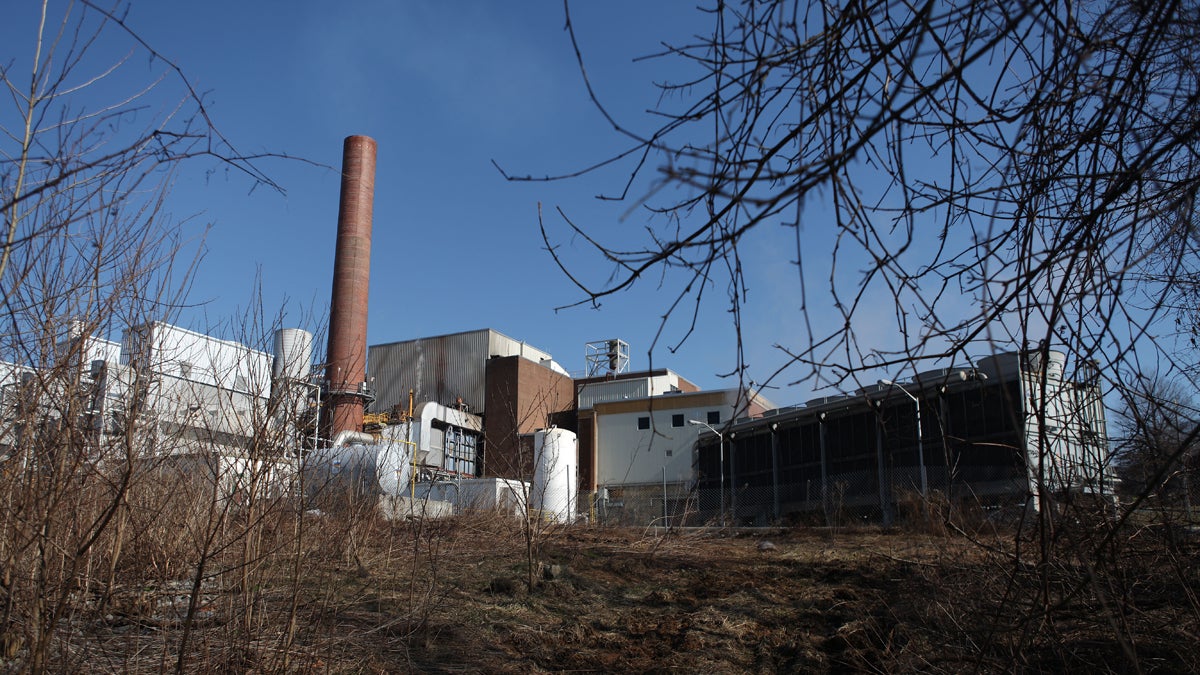Pa. law giving extra time to arrest public officials critical at latest Harrisburg corruption hearing

Much of the debt that nearly bankrupted the city of Harrisburg was tied to its incinerator. As part of the deal to resolve its obligations
Nearly 450 charges would be reduced to just two against the former longtime Harrisburg mayor if his legal team prevails.
They’re seeking dismissal of hundreds of theft, bribery, racketeering and other criminal counts against Stephen Reed, who held the capital city’s top office for nearly three decades.
Reed’s lawyer Henry Hockeimer says the statute of limitations has run out for more than 300 of them, even with Pennsylvania’s eight-year extension for crimes by public officials.
Critical question
So, if the statute of limitations is five years, public officials get 13; if it’s two, they get 10 from the supposed offense date.
Right?
Not always, Hockeimer argues.
He says that only applies if the accused is arrested while in office or has been arrested within the past five years. And he says the state Attorney General’s office was at least seven months late arresting Reed last summer.
But prosecutors say they’re afforded extra time if they file charges for a crime committed by the suspect while in office or five years thereafter.
In this case, Reed’s alleged theft of city-owned artifacts happened on the eve of his departure from office in January 2010. The statute of limitations for the most related charges is five years. So if Hockeimer’s right, then the state didn’t’ get any extension, says Susan DiGiacomo, Senior Deputy Attorney General in the Appeals and Legal Services Section.
For reasons unrelated to timing, Reed’s attorneys also are seeking dismissal of some charges stemming from bond issuances and alleged bribery of other officials.
What’s next
Judge Kevin Hess seemed to side with Hockeimer on the statute of limitations issue. But Hess didn’t rule Tuesday or say when he plans to.
The case is expected to proceed no matter what, though, because Reed’s lawyers aren’t seeking dismissal of two charges.
One is for tampering with evidence by selling antique firearms to a Gettysburg gun dealer last spring during the investigation.
The other is for theft by deception for Reed’s role in financial dealings among the city, The Harrisburg Authority, Harrisburg schools and the city’s parking authority.
Investigators haven’t charged anyone else.
Reed’s attorneys say the state is unsuccessfully “straining” to pin all of Harrisburg’s financial problems on their client.
The prosecution and grand jury, at least in its report from last year, tie much of the financial mismanagement in this case to Reed’s desire to buy artifacts and fund a series of museums. The National Civil War Museum is the only one that came to fruition. Its unsustainability is an occasional source of local political controversy.
Reed’s exit also coincided with the peak of the recession, and City Hall’s finances apart. Officials flirted with bankruptcy before the state launched its first and only takeover of a municipal government. The subsequent deal to alleviate about a half a billion dollars of the city’s debt included an agreement preventing civil sanctions against many of the people suspected of impropriety.
The deal also boosted parking rates and prompted aggressive enforcement as operators struggle to repay revenue bonds issued to pay off the old debt.
State legislators introduced measures three years ago meant to increase fiduciary responsibility among public officials and their advisers and otherwise prevent “another Harrisburg.”
None of the bills has ever gone to a floor vote.
WHYY is your source for fact-based, in-depth journalism and information. As a nonprofit organization, we rely on financial support from readers like you. Please give today.



